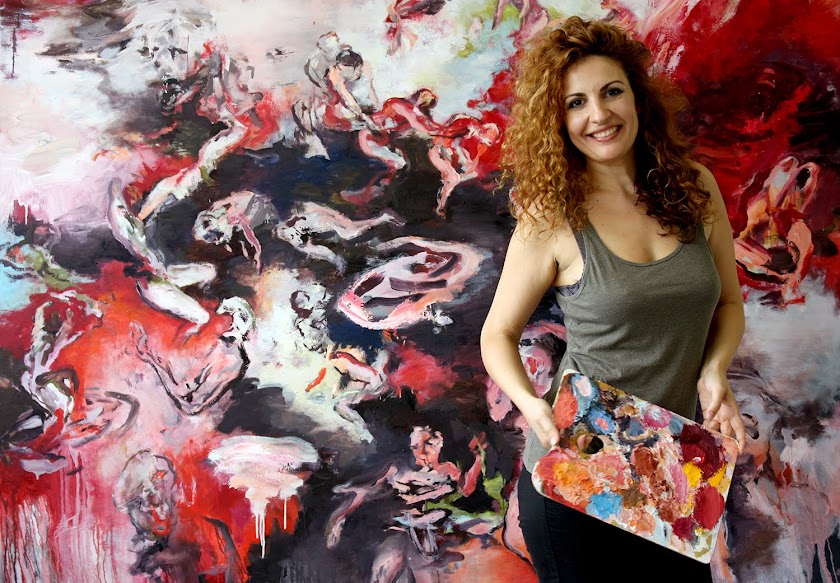| Toward a psychology of the artist. If there is to be art, if there is to be any aesthetic doing and seeing, one physiological condition is indispensable: frenzy. Frenzy must first have enhanced the excitability of the whole machine; else there is no art. All kinds of frenzy, however diversely conditioned, have the strength to accomplish this: above all, the frenzy of sexual excitement, this most ancient and original form of frenzy. Also the frenzy that follows all great cravings, all strong affects; the frenzy of feasts, contests, feats of daring, victory, all extreme movement; the frenzy of cruelty; the frenzy in destruction, the frenzy under certain meteorological influences, as for example the frenzy of spring; or under the influence of narcotics; and finally the frenzy of will, the frenzy of an overcharged and swollen will. What is essential in such frenzy is the feeling of increased strength and fullness. Out of this feeling one lends to things, one forces them to accept from us, one violates them — this process is called idealizing. Let us get rid of a prejudice here: idealizing does not consist, as is commonly held, in subtracting or discounting the petty and inconsequential. What is decisive is rather a tremendous drive to bring out the main features so that the others disappear in the process. In this state one enriches everything out of one's own fullness: whatever one sees, whatever one wills, is seen swelled, taut, strong, overloaded with strength. A man in this state transforms things until they mirror his power — until they are reflections of his perfection. This having to transform into perfection is — art. Even everything that he is not yet, becomes for him an occasion of joy in himself; in art man enjoys himself as perfection. | |||||||||
| Twilight of the Idols, or, How to Philosophize with a Hammer Friedrich Nietzsche | |||||||||
Tuesday, December 3, 2013
Subscribe to:
Post Comments (Atom)

No comments:
Post a Comment